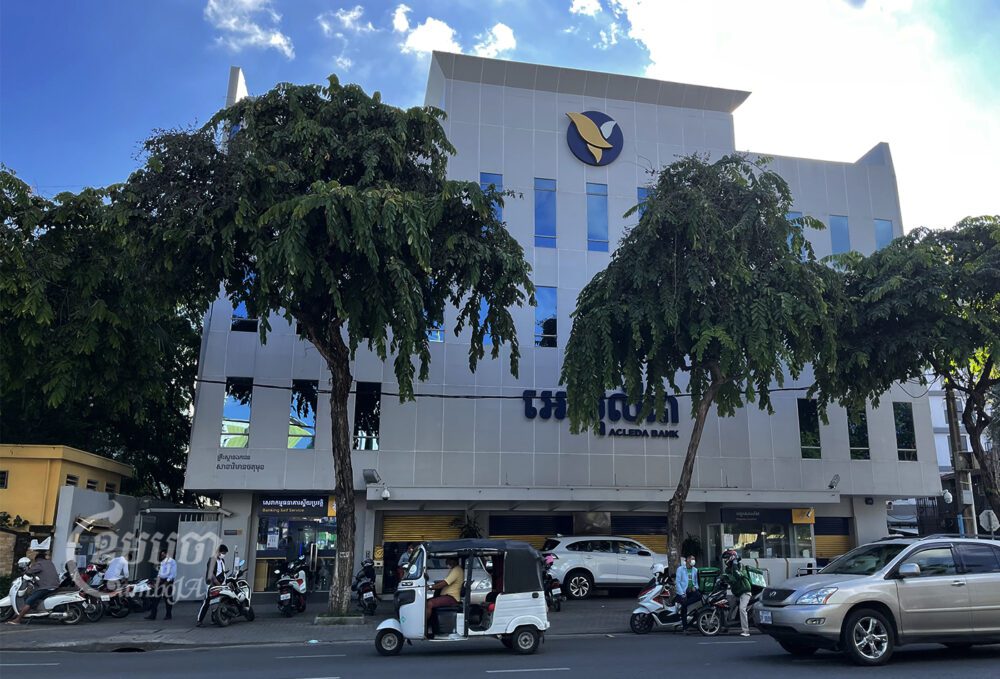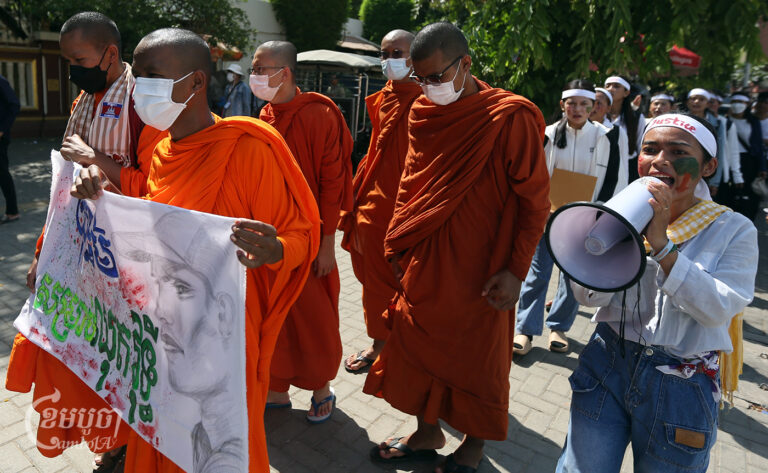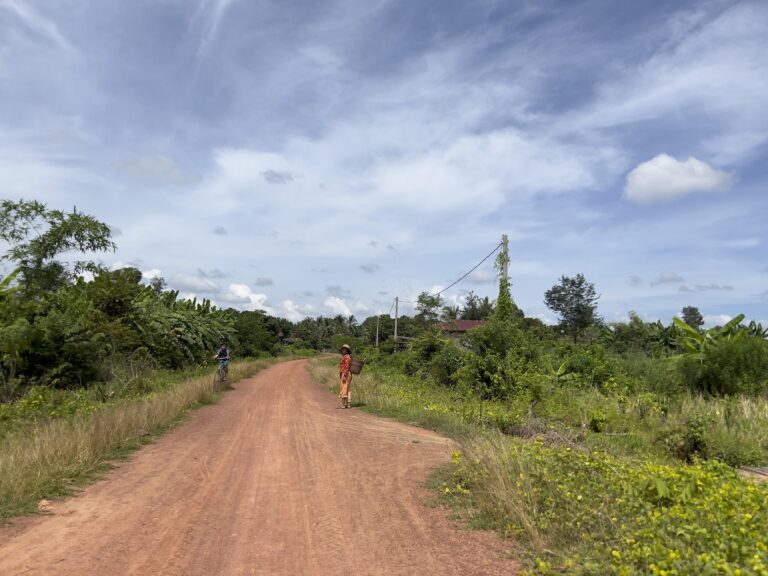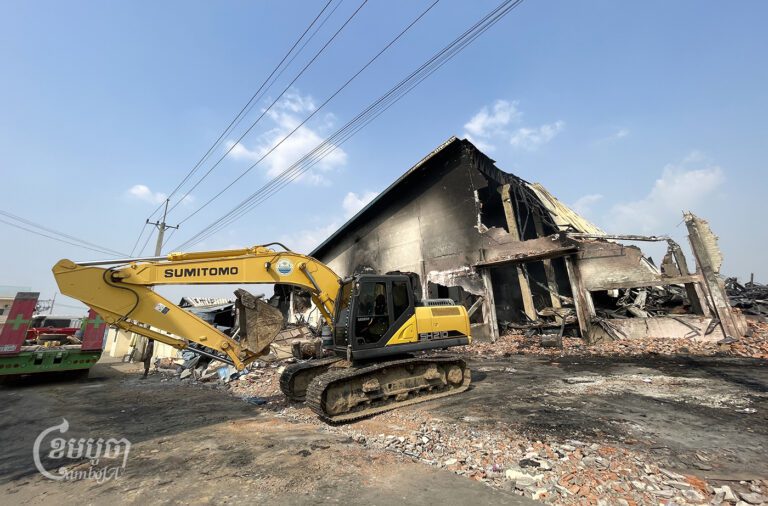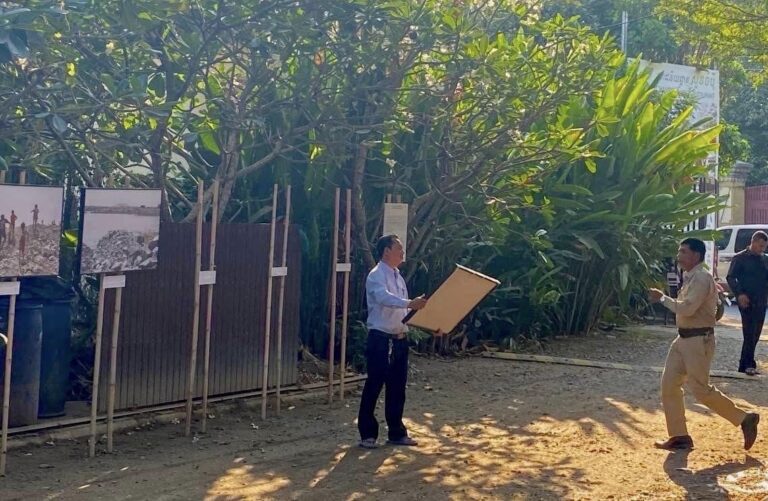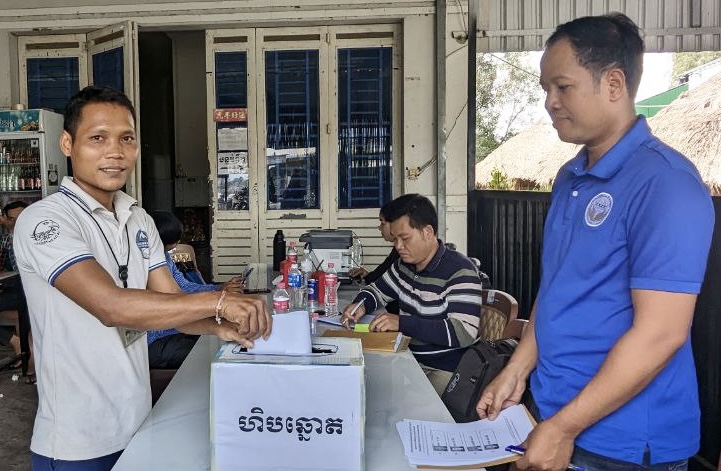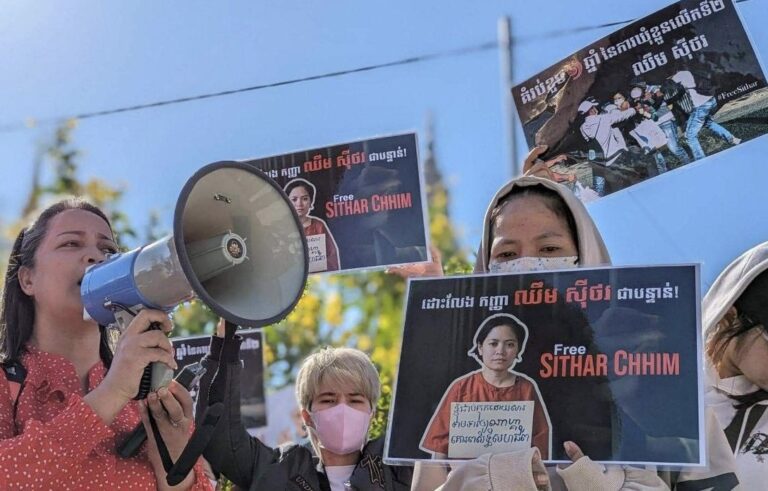The International Finance Corporation (IFC) on Friday requested a review of its ombudsman’s decision to investigate six IFC-funded financial institutions providing microloans in Cambodia.
Cambodia’s largest microlending institutions face investigation for allegedly harming borrowers with “predatory and deceptive lending practices” according to the IFC’s Compliance Advisor Ombudsman, its official watchdog.
The six financial institutions have also contributed to “loss of land, loss of livelihood, food insecurity” and “threats to health” and child labor, according to a complaint filed in February last year by two human rights NGOs on behalf of impacted communities.
The human rights NGOs which launched the complaint slammed the IFC for requesting its board of directors review the June 13 decision by its ombudsman to proceed with an investigation into the six micro-lenders and four of their investment funds.
“An investigation is a crucial step toward justice and remediation for Cambodian borrowers who continue to suffer due to predatory lending,” said Licadho’s outreach director Naly Pilorge in a Monday statement. “The IFC management’s request for board review, after the ombudsman decided an investigation is merited, is a shameful ploy to avoid scrutiny.
This is the first time the IFC has made a request to review its ombudsman’s decision since a review policy was implemented in 2021, according to Licadho. The review could end or delay the pending investigation.
The ombudsman’s decision to investigate is based on “preliminary indications” of harm and non-compliance with IFC’s environmental and social policies, according to the CAO’s guidelines.
The IFC’s board will have 10 working days to consider the ombudsman’s decision, but may extend the review period, according to the ombudsman’s website.
CAO spokesperson Emily Horgan stated in an emailed response that the IFC management can request a review “in exceptional circumstances” if the management “believes that technical criteria…have not been met.”
“The Board will not have any editorial input into the CAO compliance appraisal report, which will be published following completion of the review process,” Horgan said.
An IFC spokesperson said via email that “IFC does not comment on matters that are part of a deliberative process of its Board of Directors.”
The six institutions under scrutiny — Acleda, Amret, Prasac, Hattha Bank, LOLC and Sathapana — represent more than 70% of the microlending market in Cambodia and are active recipients of millions in funding linked to the IFC, which handles the World Bank Group’s private sector projects.
“I am happy to have an independent entity…working on this complaint [to] follow the CAO policy,” said LOLC Cambodia CEO Voeun Sok, who is also the president of the Cambodia Microfinance Association (CMA).
CMA spokesperson Tongngy Kaing said: “CMA is following the case carefully.”
The other five institutions named in the complaint did not respond to requests for comment.
Three NGOs — including Licadho — also filed a complaint with a Dutch government watchdog against social investor Oikocredit in December last year, alleging the investor had failed to conduct proper due diligence given the mounting allegations of abuse in the Cambodian microfinance industry. Oikocredit has invested tens of millions of dollars into Prasac, LOLC and Amret.
In the past several years, civil society and media reports, along with government-sponsored studies, have found widespread land sales as a result of over-indebtedness linked to microfinance loans.
“We hope this [IFC] investigation can move forward as quickly as possible to advance borrowers’ right to remedy and begin to address the serious harms caused by these investments,” said Eang Vuthy, executive director of the NGO Equitable Cambodia. “Cambodian borrowers continue to suffer from the effects of Cambodia’s microfinance and microloan sector, and we look forward to working with the CAO team to address this ongoing crisis.”
Note: This article has been updated to include responses from the IFC and CAO.


